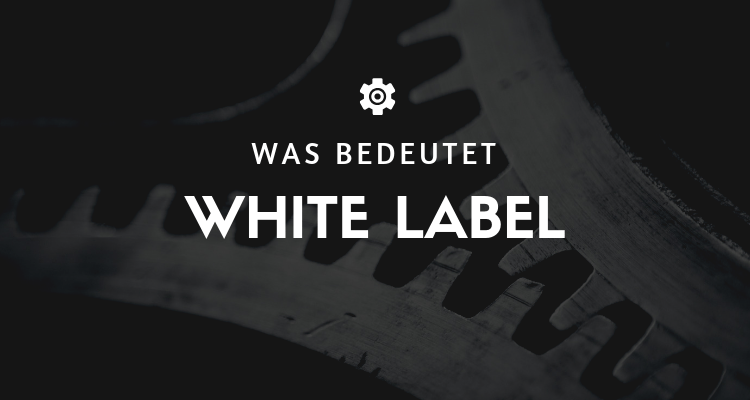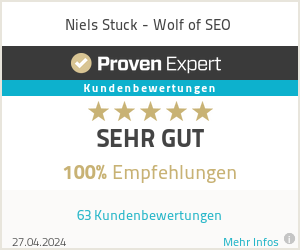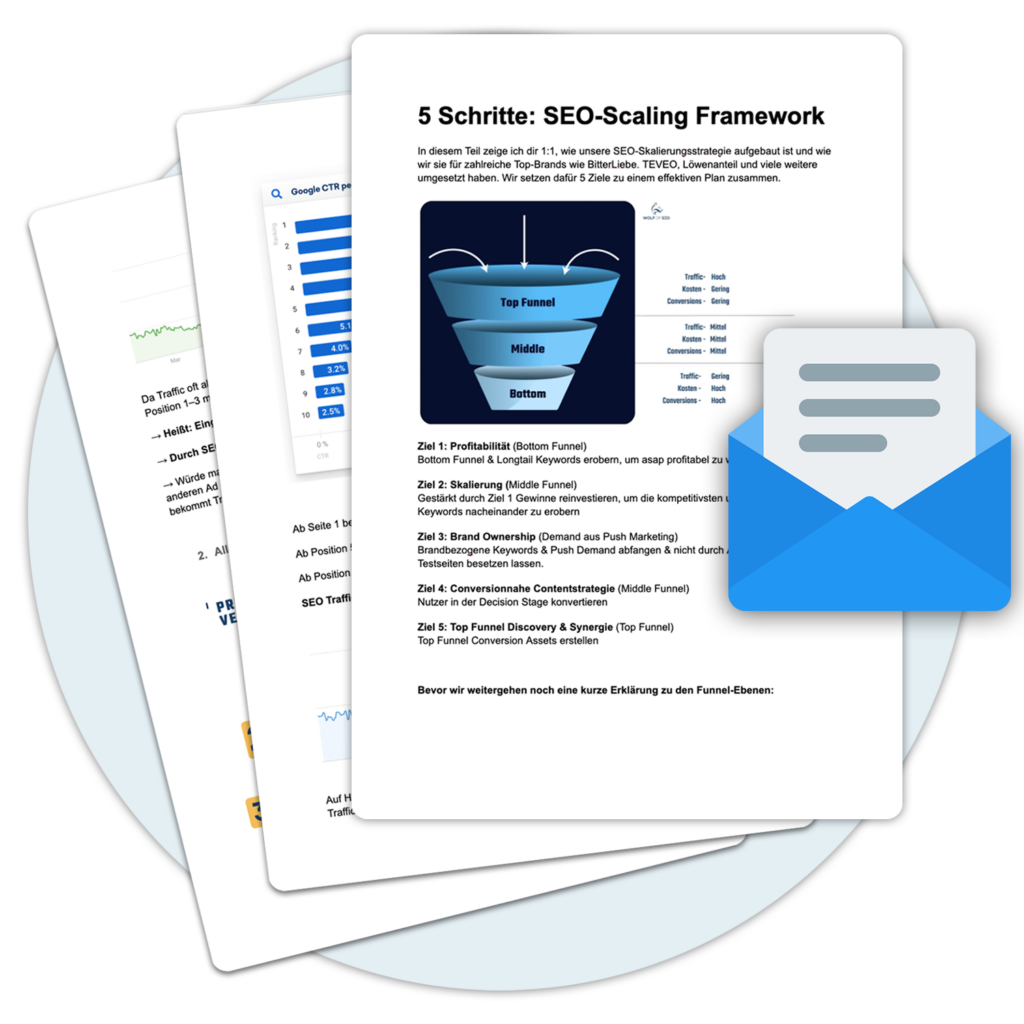
The White label-technology is a pre-built licensed software product that one vendor develops and another company modifies. The purpose of this is so that the product can be marketed as one's own. The concept seems clear, but what can this white label method be used for in the business world?
Within a market with a high level of competition, it is difficult to stand out from the crowd. Launching a product will take a lot of effort. It will also take a lot of time to build your brand awareness and maintain a loyal customer base. Because of this, marketers have invented white label platforms.
White Label Branding - What is it?
White labeling produces products and services under the name of another brand. The goal here is to increase customer loyalty and trust. It can also save resources and time needed for new development and deployment of new solutions.
But what does white labeling mean in terms of business growth? Such a model has great benefits for startups and companies that have not yet built their own competitive brand name. Although startups may offer equivalent or possibly even better products or services than well-known brands, marketing them can be more difficult. To improve sales, you can turn to white-label products.
For other companies, such an approach helps them to focus exclusively on development instead of investing resources in marketing and advertising. "White label Business" refers to a fully supported product or service that is produced by one company but sold by another.
The product definition of white labels implies that it is an unprocessed product. This is then customized with the logo, label and identity of the company and is considered a product in its own right.
The White label-solution requires a minimum upfront investment, as the vendor takes care of any issues with software licenses, data center space or servers, as well as logistics and technical support costs. Once the company has customized the product for its brand, it can begin selling the product.
White Label - How does it work?
The provider company develops a "plug-and-play" product for your company, e.g. a White label-advertising platform. This is then seamlessly tailored to your brand. Then you have to modify the product according to your corporate identity. With the help of white labels, you can add your company's name, logo, icons, URLs, company emails, text components and some elements of the website. This will ensure that these aspects are comfortably aligned with your brand. After this complete customization, you'll be ready to handle your white label sales instantly and on your own terms.
How the white label solution works
For which companies is the White label solution so best to?
Only a few smaller companies can afford complete in-house production. Using pre-built software allows partners to sell their own brand based on existing technologies.
All technical issues related to the development of white-label platforms and further support and maintenance are carried out entirely by the white-label company. As a result, the brand receives a product manufactured according to the specified technical requirements.
In practice, the white label approach works well for companies from different industries and business sectors. This saves you money, time, and technical platform management.
White label-Solutions are also often developed for a number of less obvious reasons:
- The company intends to focus primarily on brand building or developing innovative customer service strategies.
- Production requires special registration or licensing.
- The brand plans to launch its own white-label business to save some of the cost of media buying.
- The brand wants to enter a new line of business and beat the competition in the new segment....
- The company is very small, but has the necessary funds to start a business.
Why do brands use white label solutions?
Die White-Labeling-Definition ist ziemlich selbsterklärend. Denken Sie metaphorisch: Die White-Label-Firma gibt Ihnen ein leeres Stück Papier, welches sie mit ihrer Tinte schreiben können.
Instead of reinventing the wheel and wasting valuable time and money, many brands are choosing an easier route through white labeling.
Some of the main advantages are listed again below:
It's all under the control of your brand:
One of the biggest advantages is that you create your own independent brand. With it, you can build on pre-built software. This allows you to create a unique product. When they rebrand a white-label product as your own, you strengthen your brand and, in turn, your reputation.
It is quick and easy to implement:
White label-solutions are pre-built, fully customized solutions that make branding beneficial and easy. By partnering with a vendor, advertisers get to market faster, allowing them to offer a product or service to their customers immediately.
It is cost and time efficient:
If you decide to develop your own product from scratch, it can take a lot of time and cost. With an existing product from a white label service provider, you have the opportunity to save budget for research & development via the white label solution.
It lets you do what you do best:
The brands that are forced to do something that is outside their competencies often achieve poor and unsustainable results. Enthusiasm is a good thing, but in software development, experience is usually more important. In this regard, white label platforms are ready to use with their white label solutions and can generate immediate revenue for you through those white label solutions. The products are reworked, tested and if a bug occurs, your supplier takes full responsibility for fixing it.
Your customers will thank you for it:
Proven white label solutions allow advertisers to gain loyal customers and build stronger relationships with consumers. This is because your customers are looking for simple and straightforward ways to be satisfied. With the White label-solution, you can provide your clients, through simple means, with the best solutions to their satisfaction.
Advantages:
White label Solutions offer numerous advantages to companies by allowing them to offer products or services under their own brand, even though they are developed and provided by a third-party vendor. In the following, I explain in detail some of the advantages of White label Solutions:
- Time and cost savings: Developing your own product or service can be time-consuming and expensive. White label Solutions enable companies to bring an already developed and tested product to market quickly and efficiently. A fitting metaphor would be that a White label product is equivalent to a prefabricated house - it is already built and ready for immediate occupation, instead of starting the lengthy and costly process of building a house from scratch.
Example: A company wants to offer SEO software, but has neither the resources nor the know-how to develop such software itself. It can use a White label Acquire SEO software from a third-party vendor and offer it under its own brand, saving it time and money.
- Brand consistency: White label Solutions enable companies to retain control over the appearance and brand message of their products or services. You can control the White label Customize the product or service to make sure it matches the existing brand identity. You could compare it to customizing a piece of clothing - the basic model is given, but you can customize it to make it fit your style perfectly.
Example: A web design company that also wants to offer web hosting to its clients can use a White label Acquire hosting solution and customize branding to seamlessly match the company's existing brand identity.
- Expansion of the product range: White label solutions enable companies to expand their product portfolio and develop new revenue streams without the need to develop the corresponding products or services themselves. It could be compared to a restaurant that offers high quality pre-made dishes in addition to its home-made food to provide a wider range of options for its customers.
Example: Eine Agentur für digitales Marketing, die sich auf Social-Media-Management spezialisiert hat, kann eine White label Acquire email marketing software to provide an additional service to their customers and expand their existing offerings.
- Scalability: Since White label solutions are developed and maintained by third-party vendors, companies can scale their capacity quickly and easily without having to invest additional resources. It's similar to a business that can replenish its inventory from a supplier as needed, instead of constantly building and managing its own production capacity.Example: A company that has a White label Customer Relationship Management (CRM) software, can easily add more customers without worrying about scaling infrastructure or support, as this is handled by the third-party vendor.
- Expertise and support: White label Solutions are usually developed by experienced providers who are experts in their respective fields. This means that companies can benefit from the expertise and know-how of the provider without having to hire experts themselves. You could compare this to a car dealer who handles the sale of vehicles, while maintenance and repairs are carried out by the car manufacturers and their experts.
Example: A company that has a White label E-commerce-platform benefits from the platform provider's experience and expertise in security, usability and scalability without having to build up this expertise itself.
In summary offer White label solutions provide significant benefits to companies by enabling time and cost savings, ensuring brand consistency, expanding product offerings, promoting scalability, and providing access to expertise and support. By leveraging White label solutions, companies can grow more efficiently and strengthen their market position.
Disadvantages:
White label Solutions can also be associated with some disadvantages.
White label While solutions offer many advantages, there are also some disadvantages that should be considered. Below I explain in detail some of the disadvantages of White label solutions and support them with examples and metaphors:
- Lack of control: When using White label solutions, companies may have less control over the development, updating and maintenance of products or services. An appropriate metaphor would be that it's like living in a rented house - you can live in it, but you don't have complete control over the structure and remodeling options.
Example: A company that has a White label accounting software may not have control over the updates and improvements to the software, as they are made by the third-party vendor.
- Vendor dependency: The use of White label Solutions means that companies are dependent on the performance and reliability of the third-party provider. It's like traveling on a ferry - you depend on the ferry to get you to your destination, but you have no control over the speed or the route.
Example: If the provider of a White label E-commerce-platform experiences technical problems or fails, this may result in downtime and disruptions to the business of the company using the platform.
- Potential Quality Issues: As companies are looking to improve the quality and functionality of White label solutions cannot control directly, there is a risk that the products or services offered will not meet expectations. It's like buying a pre-made cake - it may taste good, but it may not taste as good as a homemade cake where you can determine the ingredients and recipe yourself.
Example: A company that has a White label project management software may not have control over the usability or functionality of the software, which can lead to dissatisfied customers.
- Lack of differentiation: Since White label solutions are often also offered by other companies, it can be more difficult to stand out from the competition. It's like living in a housing development where all the houses were built to the same blueprint - they may be solid and functional, but they're not unique.
Example: When several companies use the same White label SEO software offer, it can be difficult to stand out from the competition and convince potential customers of your advantages.
Use cases:
White label Solutions are particularly useful for companies that want to bring a product to market quickly and cost-effectively. These solutions are often used in the areas of software development, E-commerce, web hosting and online advertising are used.
1. financial services:
Many companies in the financial industry use white label solutions for their service offerings. A good example is the white-label credit card. A company that actually has nothing to do with banking can enter into a collaboration with a financial institution and thus issue its own credit card with its brand name on it. The financial institution takes care of all the processing, risk management and account management, while the company enjoys the benefits of branding and customer loyalty.
Examples
- The Savings Bank offers a Co-branded credit card in cooperation with Lufthansa, which is known as the "Miles & More Credit Card". Customers collect miles with every Purchasing Award miles that you can redeem for flights and other services.
- Metro and Essooffer their own credit cards. However, these are executed by partner banks, such as Advanzia Bank.
2. software industries:
White-label solutions are also widespread in the software industry. For example, a company can purchase white-label CRM software from another company and brand it with its own branding. The original software provider does not become visible to the users of the software, whereas the buyer benefits from the already fully developed and functional software, saving development costs and time in the process.
Examples
- The company Echobot from Karlsruhe offers white-label solutions for media monitoring and sales intelligence that are used by large media companies or PR agencies.
- The company Searchmetrics from Berlin offers a white label SEO software solution that marketing agencies can use to provide SEO services to their clients.
3. e-commerce:
White label solutions are in the E-commerce-This is very popular in the white label sector. One example of this is online marketplaces that provide their platform as a white-label solution. These are fully functional online stores that companies can use with their own branding and adapt to their individual needs. They can use the platform to sell their own products without having to build and maintain the technical infrastructure themselves.
Examples
- The online marketplace "Hitmeister" was developed as a white label solution for third-party providers. Companies such as Real and Kaufland have built their online marketplaces on this platform.
- The company Tradebyte offers a white-label end-to-end solution for brands and retailers to sell on major marketplaces such as Zalando, Amazon and Otto.
4. internet and telecommunication services:
Some Internet and telecommunications providers offer white-label solutions that customers can sell under their own brand. One such example is VoIP, or Voice over IP technology. Telecommunications companies provide this technology as a white-label solution. Other companies can use this technology, add their own branding and sell it as their own service without investing in the development of the technology.
Examples
- The German Telekom offers a White label-Cloud-solution which companies can sell to their customers under their own brand name.
- Various Internet providers such as 1&1 and Vodafone offer DSL-Reselling so that smaller providers can offer Internet services under their own brand without having to build their own network.
5. event management:
In the field of event management, there are white-label event ticketing platforms. These provide a ready-made solution for online ticketing that can be used by event organizers or agencies under their own brand. For example, they can integrate the ticketing system on their own website and offer their customers a seamless purchasing process. They benefit from the provider's technology and customer support, while their customers see the event organizer's or agency's brand.
Examples:
- The company Xing Events offers a White label event ticketing platform which was used by event organizers such as Messe München and the Süddeutsche Zeitung media company.
- Eventim with its B2B service EVENTIM.Inhouse also offers a White label solution for event organizers and venues on. This was used, for example, to create ticket portals for the Elbphilharmonie concert hall and the Deutsches Theater in Berlin realized.
Conclusion:
White label Solutions are a fast and cost-effective way to get products to market quickly. They are especially useful for companies that want to develop and bring a product to market quickly and cost-effectively. However, they can make it difficult to develop a unique and innovative solution.
« Back to Glossary Index





